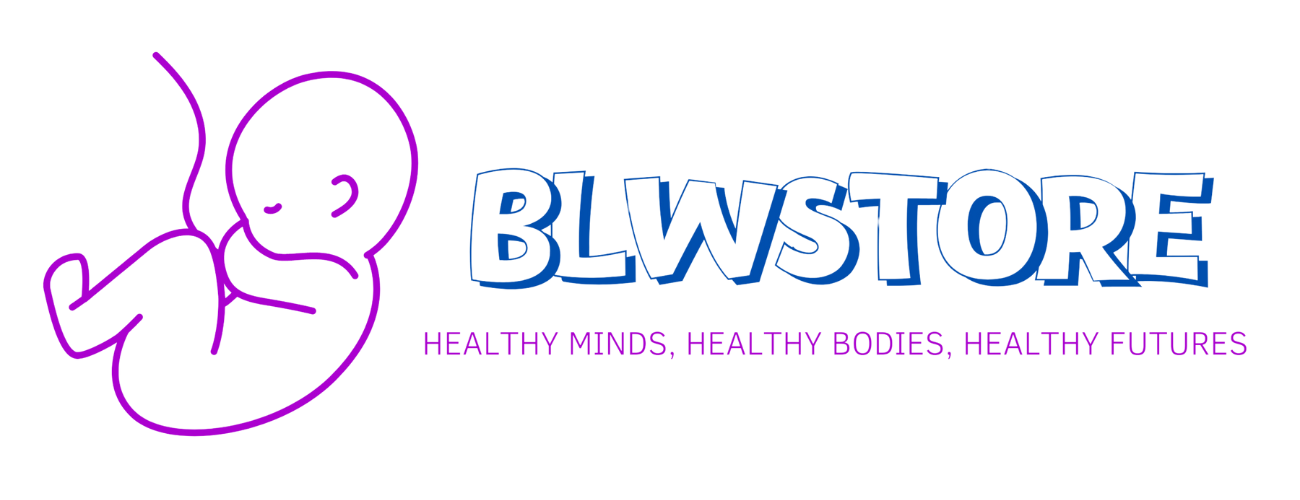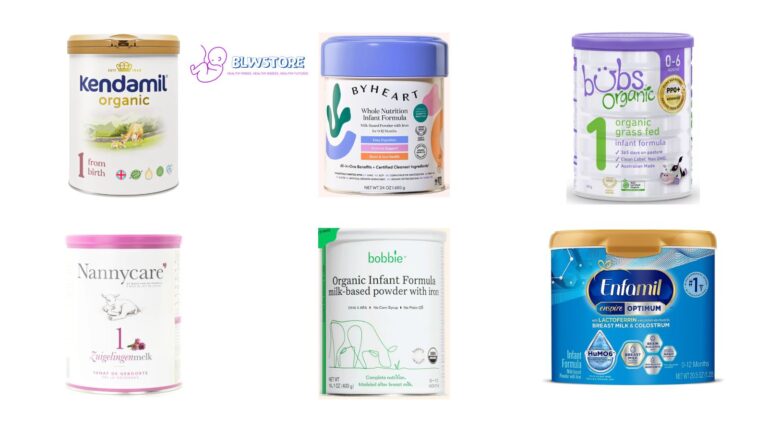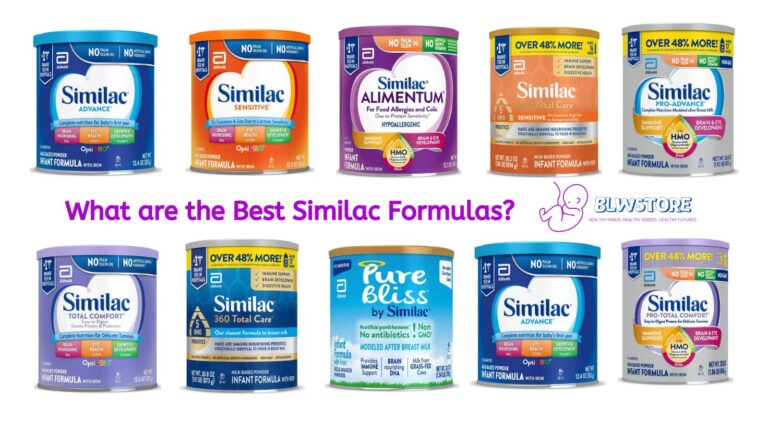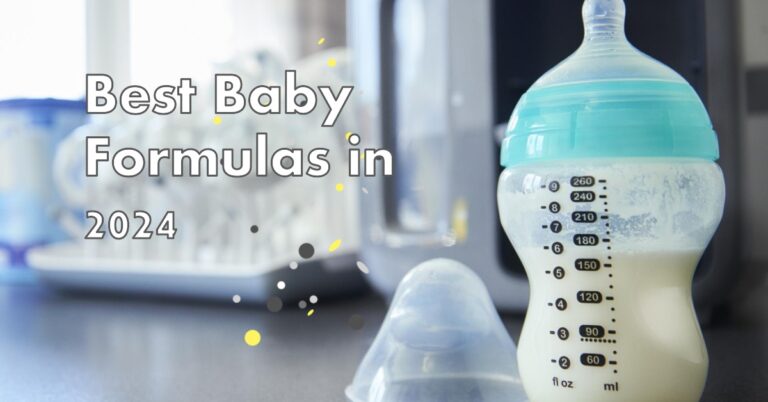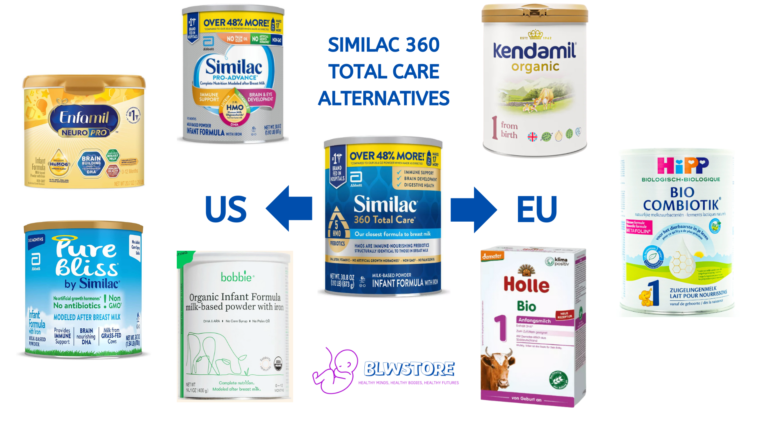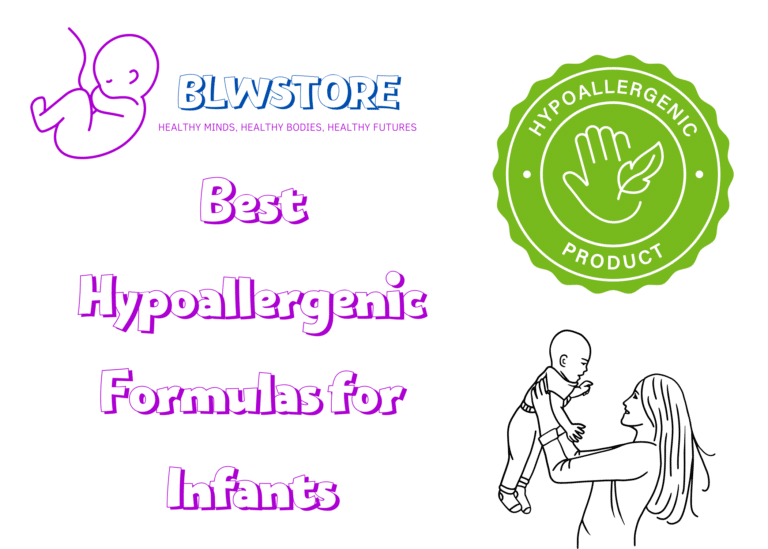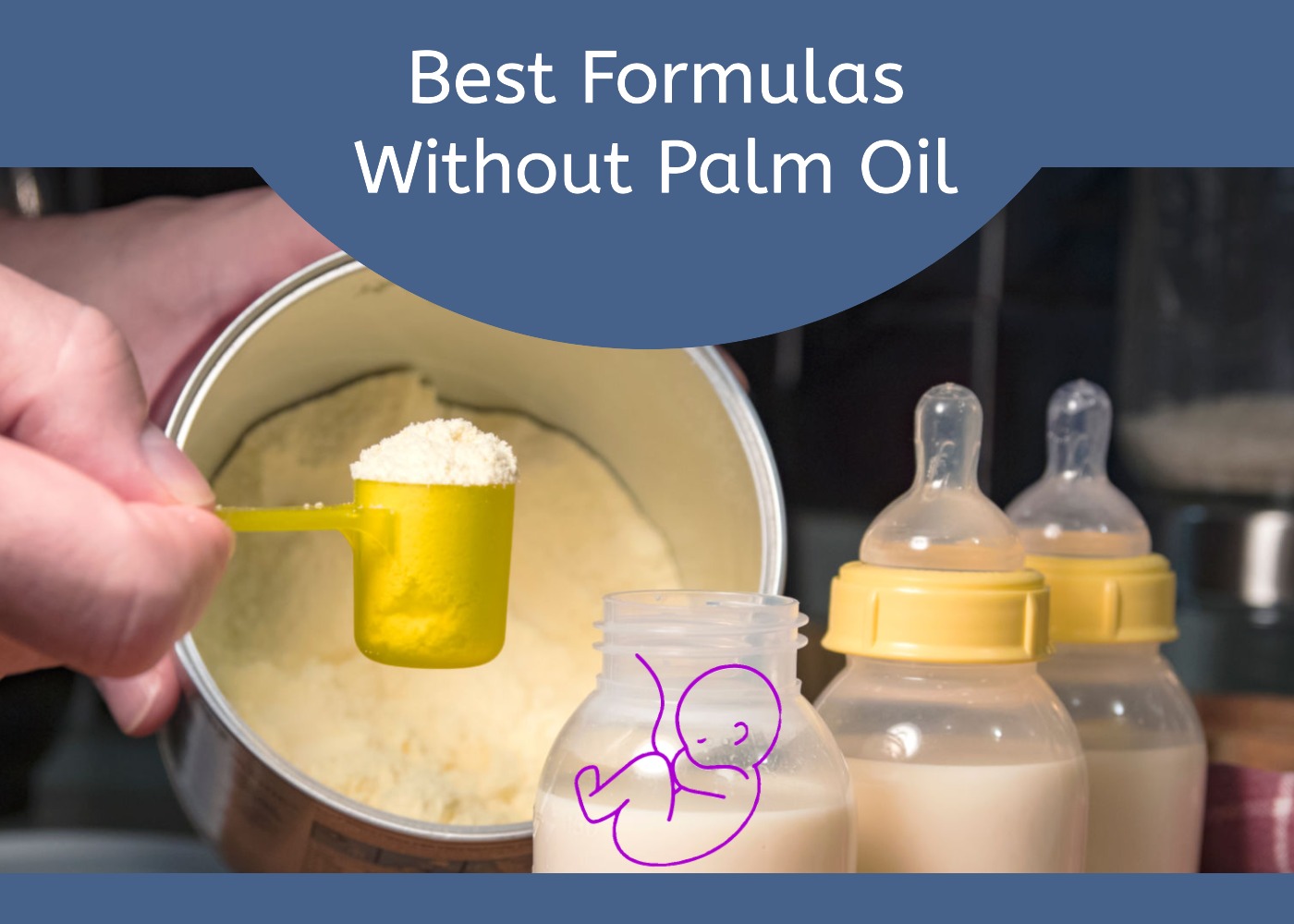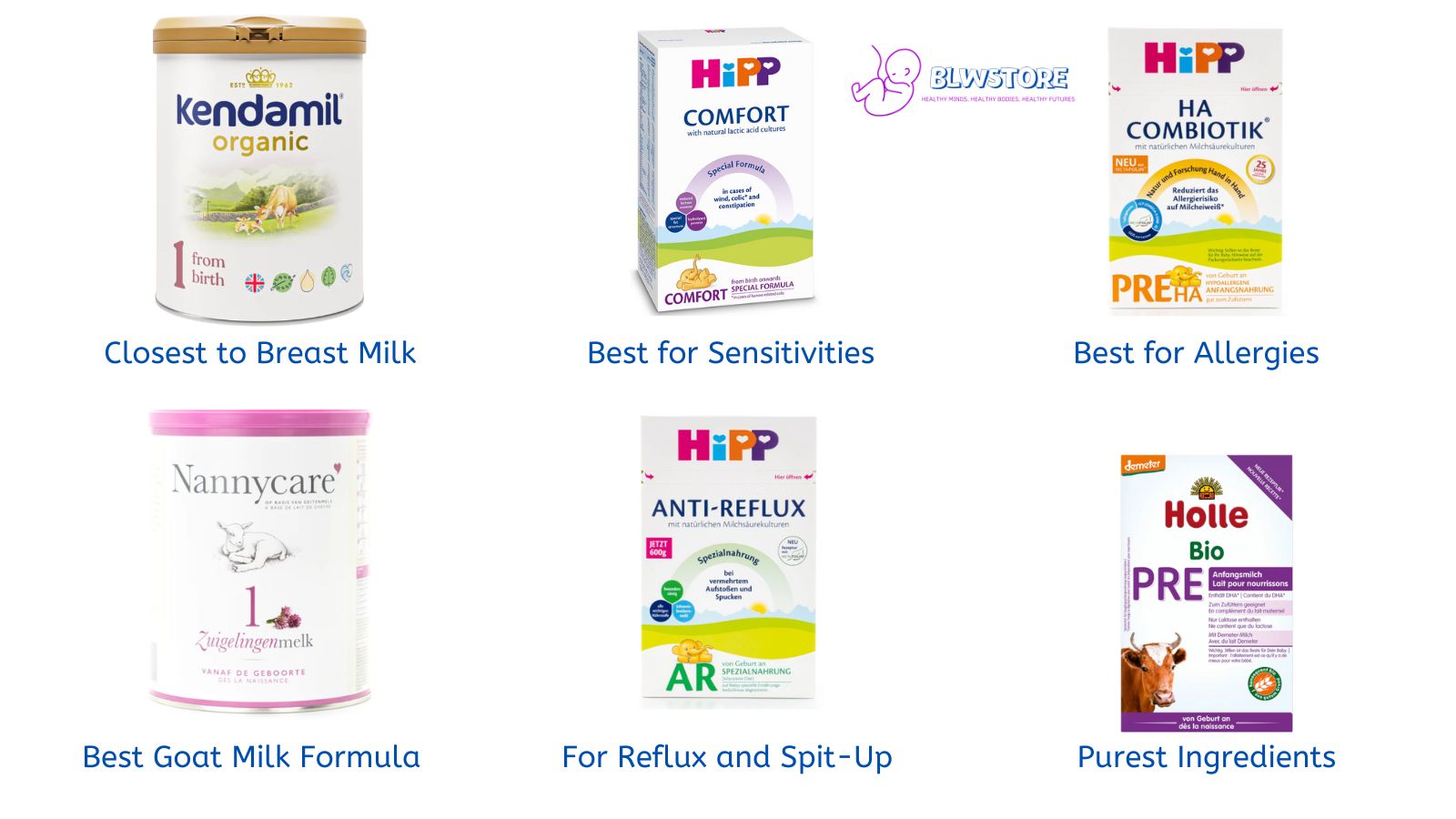
After writing hundreds of articles about formulas and comparing many others, we have written this post about the best formulas made in Europe.
If you are looking for alternatives or will start offering formula to your baby and are interested in buying European formulas, this article is for you.
Let’s get after it!
*We have not included any “buy here or purchase links” since we want this information to be as transparent and wholesome as possible. We are not trying to sell you anything. We want to help, for real.
Related read: Best Baby Formulas of 2024 | Best Organic Formulas
Our European Formula Podium: The Four Best
If you are in a hurry, here are our top three European baby formulas. Based on our criteria, these are the four best formulas for every digestive need, excluding Galactosemia.
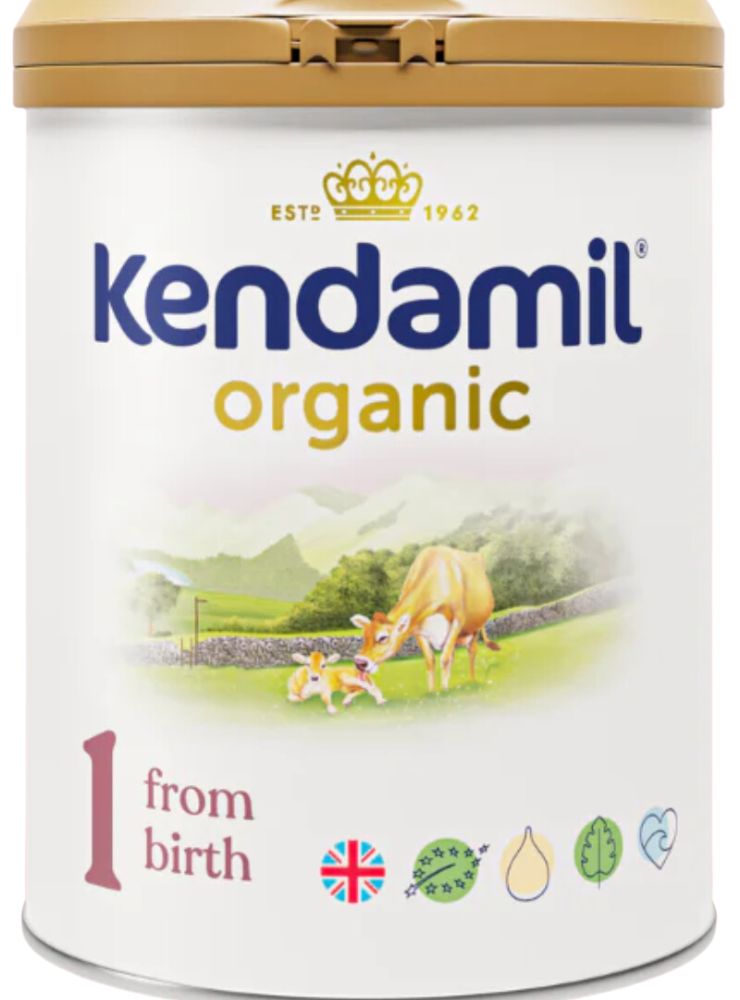
Best Overall: Kendamil
Mimics breast milk with whole milk, natural immunity HMOs, MFGM and sustains with environmentally conscious practices.
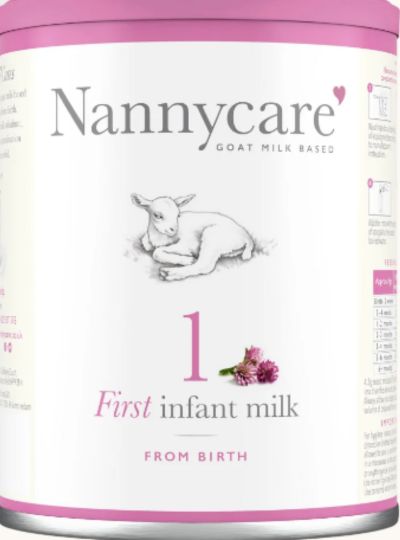
Best Goat Formula: Nannycare
Whole organic goat milk, rich in Omega-3 and Omega-6, with MFGM.
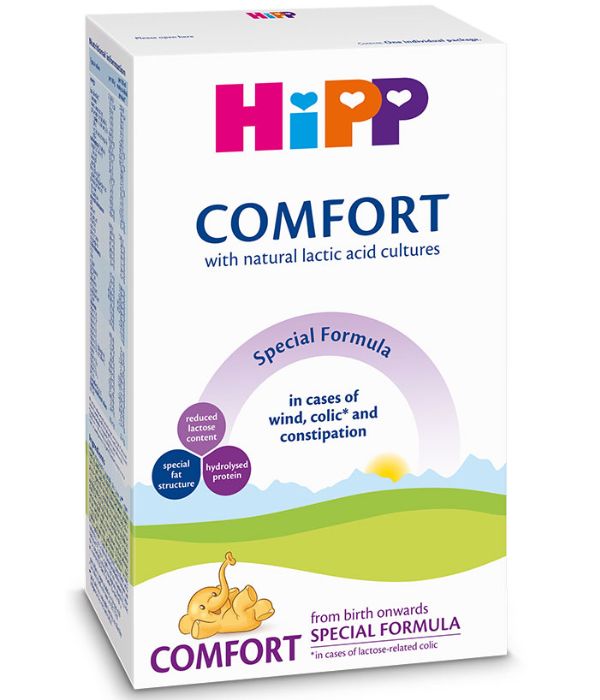
Best for Lactose Sensitivities: Hipp Comfort
Specially formulated for colic relief with hydrolyzed proteins and reduced lactose, plus beta-palmitate for absorption.
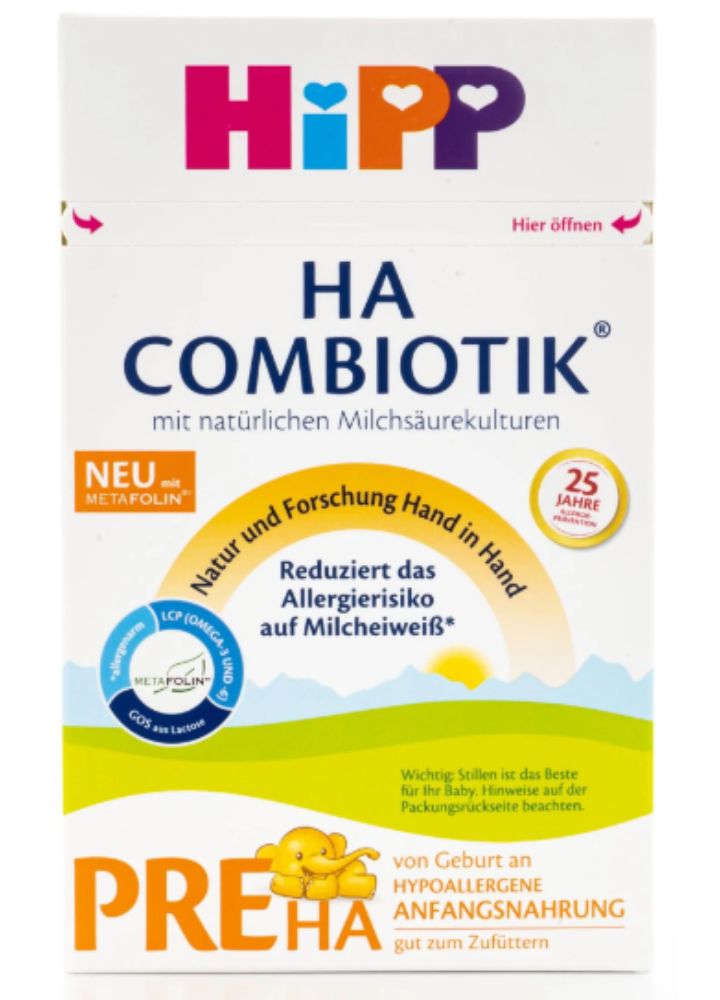
Best for Allergies: Hipp HA
Targets cow’s milk sensitivities with hypoallergenic hydrolyzed whey, includes essential fatty acids, and supports with prebiotics/probiotics.
Quick Comparison Table between European Formulas
| FORMULA | ORGANIC | PREBIOTICS | PROBIOTICS | HMOs | MFGM |
|---|---|---|---|---|---|
| Kendamil Organic | ✅ | ✅ | ❌ | ✅ | ✅ |
| Holle Bio | ✅ | ❌ | ❌ | ❌ | ❌ |
| Nannycare | ❌ | ❌ | ❌ | ❌ | ✅ |
| Hipp Comfort | ✅ | ✅ | ✅ | ❌ | ❌ |
| Hipp AR | ✅ | ✅ | ✅ | ❌ | ❌ |
| Hipp HA | ✅ | ✅ | ✅ | ❌ | ❌ |
| Kabrita | ❌ | ✅ | ❌ | ❌ | ❌ |
| Holle Goat | ✅ | ❌ | ❌ | ❌ | ❌ |
How We Chose the Best European Formulas | Our Criteria
These are the factors we look at before selecting the best formulas:
- Purity of Ingredients: High-quality, pure ingredients. This ensures your baby is getting the best nutrition without unnecessary additives.
- Lactose in Conventional Formulas: A lactose-based formula is preferred for most babies. Lactose is the natural sugar found in breast milk and is generally well-tolerated.
- Lactose-Free Options for Sensitivities: A lactose-free formula is essential if your baby has lactose intolerance or sensitivity. These formulas use alternative carbohydrates that are easier to digest, being maltodextrin the best alternative to lactose, and not corn syrup solids.
- Partially Hydrolyzed Protein for Sensitivities: Babies with mild protein sensitivities may benefit from formulas with partially hydrolyzed proteins broken down into smaller, easier-to-digest components.
- Extensively Hydrolyzed Protein for Allergies: Extensively hydrolyzed formulas are recommended for babies with severe protein allergies. These contain proteins broken down into tiny pieces, significantly reducing the risk of allergic reactions.
- Prebiotics and HMOs: Prebiotics like Galactooligosaccharides (GOS) or Human Milk Oligosaccharides (HMOs) benefit gut health, mimicking the protective qualities of breast milk.
- DHA and ARA Inclusion: These essential fatty acids in breast milk are critical for brain and eye development. Ensure your chosen formula includes these.
- Healthy Additional Ingredients: Ingredients like Milk Fat Globule Membrane (MFGM), Lactoferrin, and Bifidobacterium (often called probiotics) can provide additional benefits, supporting immune health and digestion.
- Organic and Whole Milk Formulas: Organic formulas avoid pesticides and other chemicals. Some parents prefer formulas made with whole milk for its nutritional profile, unlike those made with skimmed milk.
- Avoiding Certain Ingredients: Be cautious of corn syrup solids, palm oil, or soy oil formulas. These ingredients are often cheaper alternatives but might not provide the best nutrition.
Learn more by reading the following articles on infant formulas:
8 Factors to Take into Account when Choosing a Formula for your Little One
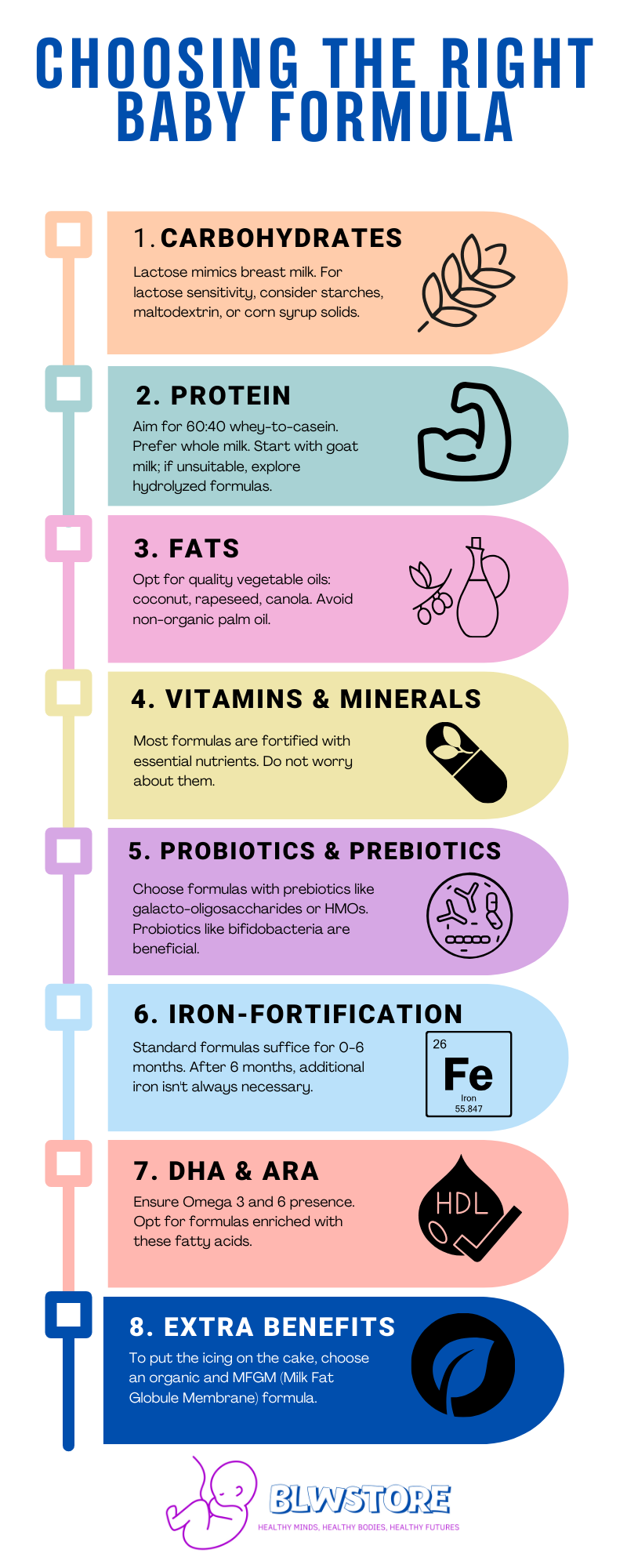
Best Standard European Formulas | Cow and Goat Milk
1. Closest to Breastmilk: Kendamil

$53 per 800gr on average
UK’s own Kendamil Formula uses whole milk, contains natural HMOs, and is sustainably made with no fish or palm oil additives.
Why we chose it.
Kendamil stood out to us for several reasons. It incorporates whole milk from EU-certified organic cows, offering a closer resemblance to human milk.
Unlike many other brands, it steers clear of palm oil or fish oil, opting instead for sustainable, vegetarian-friendly ingredients. It provides naturally existing HMOs—components akin to those found in breast milk that give your baby’s immune system a boost.
Kendamil also includes DHA from algae for cognitive development and avoids unnecessary processing, ensuring vital nutrients remain intact. Kendamil Organic fits the bill perfectly for parents looking for an all-natural and environmentally responsible formula. And for those not seeking an organic option, Kendamil Classic is the second-best choice.
Pros
- Organic, high-quality whole milk from well-cared-for cows
- Contains MFGM and natural HMOs found in breast milk
- Free from palm oil and fish oil, using sustainable vegetable oils
- Suitable for vegetarian families with algae-derived DHA
- Provides tailored nutrition across various developmental stages
Cons
- Premium ingredients mean a higher price tag
- Not be as widely available as other brands
Similac Alternative: Similac Pure Bliss. | Similac Pure Bliss vs Kendamil
Enfamil Alternative: Enfamil Enspire | Kendamil vs Enfamil Enspire
2. Purest Ingredients: Holle Bio
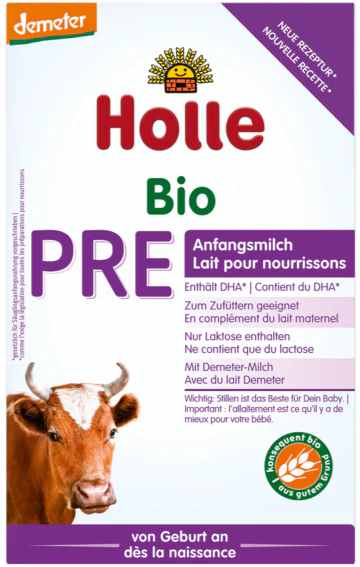
$52 per 800gr on average
Renowned for its biodynamic, Demeter-certified farming, Holle provides nutrient-rich, organic baby formula produced with the highest European standards.
Why we chose it.
Holle’s reputation for delivering top-tier organic baby formula begins with its devotion to biodynamic farming and Demeter-certified organic practices. These strict guidelines ensure that every component entering your baby’s formula is pure and nourishing.
Holle takes exceptional care in selecting their ingredients to safeguard your child’s health, from sourcing milk to incorporating essential nutrients like DHA and ARA from natural origins.
As parents who prioritize the integrity of what we feed our infants, Holle’s commitment to natural, nutrient-rich, and sustainable baby food production makes it our preferred choice.
Although it may come at a higher cost and isn’t as widely available as some other brands, the quality of Holle is worth the investment. Plus, for parents looking to avoid formulas with prebiotics and probiotics, which could cause sensitivities for certain babies, Holle’s straightforward ingredient list is particularly appealing.
Pros
- Organic and Demeter-certified ingredients
- Free from synthetic pesticides and artificial additives
- Includes DHA and ARA from natural sources
- Supports ethical and sustainable farming methods
- Ideal for parents seeking a formula without prebiotics or probiotics
Cons
- It contains organic maltodextrin and organic palm oil, which some parents may wish to avoid (not the pre stage)
- Higher price point than some other formula brands
- Not as easily accessible as other formulas, typically sold online
3. Best Goat Formula: Nannycare

$66 per 900gr on average
Nannycare stands as the UK’s premier formula, known for its organic, whole goat milk base, ideal for infants’ delicate digestive systems.
Why we chose it.
Nannycare’s commitment to purity and quality shines through their First Infant Goat Milk Formula. Hailing from New Zealand’s organic and biodynamic farms, the formula offers an easily digestible protein content, making 1.3g per 100ml that forms softer curds. *Nannycare is not technically European, but it’s sold mainly in the EU and the US.
With lactose as its sole carbohydrate source and a simple blend of vegetable oils for fat content, Nannycare provides a straightforward, nutritious option with no added complexities like prebiotics and probiotics. This makes it a potentially superior choice for babies with sensitive tummies or those whose parents prefer a formula closer to natural goat milk.
In the UK, Nannycare’s reputation for excellence has earned it the top spot among parents, and the quality of its ingredients and farming ethics play an influential role in this well-deserved accolade.
Pros
- Whole goat milk base, easier to digest for infants
- Nutrient-dense with essential Omega-3 and Omega-6 fatty acids
- Rooted in organic and ethical farming practices
- Lactose is the only carbohydrate, gentle on baby’s tummy
- Trusted brand with a longstanding, positive reputation
Cons
- Slightly more expensive than some competitors
- It can be more challenging to find in stores
- Lacks additional prebiotics and probiotics found in some other brands (goat milk formulas do not usually add prebiotics because they are easier to digest)
Best Alternatives: Holle Goat, Kabrita and Kendamil Goat
Holle Goat vs. Nannycare | Kabrita vs. Nannycare | Kendamil Goat vs. Nannycare
Best for Digestive Sensitivities
1. Hipp Comfort

$40 per 600gr on average
HiPP Comfort is expertly formulated to alleviate colic, constipation, and gas, featuring partially hydrolyzed proteins and reduced lactose for sensitive tummies.
Why we chose it.
Choosing HiPP Comfort is about understanding the delicate nutritional needs of some infants who struggle with digestive issues. With its reduced lactose and hydrolyzed protein, HiPP Comfort is specifically designed to help babies needing a gentler approach to their feeding routine.
The careful hydrolysis of whey proteins ensures that the formula is less likely to irritate sensitive stomachs, and the lower lactose content helps to prevent the bloating and discomfort associated with lactose sensitivity.
Furthermore, the incorporation of a unique fat blend that includes beta-palmitate imitates the palmitic acid found in breast milk, potentially improving fat absorption and softening stools.
For parents committed to organic ingredients and mindful of the potential side effects of standard formulas, HiPP Comfort’s high-quality European standards and use of sustainably sourced palm oil emphasize your child’s health and the environment.
Pros
- Designed for infants with colic, constipation, or gas
- Easier to digest due to hydrolyzed whey protein
- Includes a unique fat composition with beta-palmitate
- Supports stomach comfort with reduced lactose
- Contains prebiotics and probiotics for additional gut health support
Cons
- Not suitable for babies with cow’s milk protein allergies since it still contains dairy
Best Similac Alternative: Similac 360 Total Care Sensitive | Hipp vs Similac
Best Enfamil Alternative: Enfamil Neuropro Gentlease | Hipp vs Enfamil
2. Hipp AR
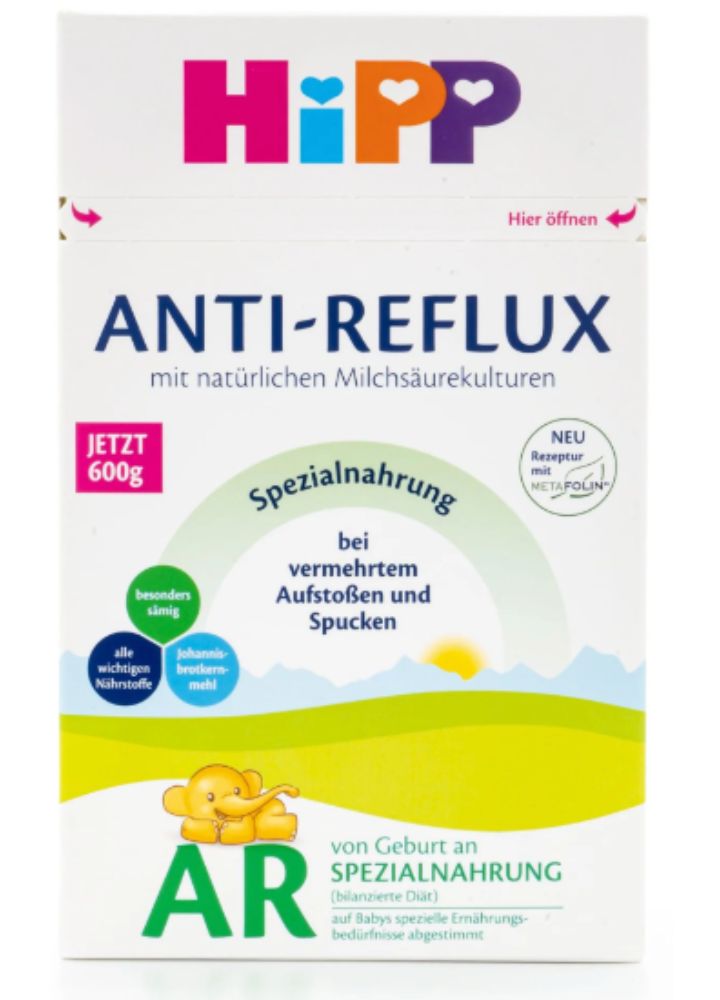
$40 per 600gr on average
HiPP Anti-Reflux is specifically formulated to help infants with reflux or regurgitation issues, featuring natural locust bean gum for a thicker consistency to reduce spit-up.
Why we chose it.
When babies face challenges with reflux or regurgitation, finding a formula that can address these issues without compromising on nutrition is crucial.
HiPP Anti-Reflux answers this need with a thoughtful blend that includes organic maltodextrin, adding beneficial thickness to the formula, which can help prevent the too-quick return of milk. An optimized fat blend, including vegetable oils, mirrors the composition of breast milk, providing essential fatty acids in ratios that promote healthy baby development.
This formula, adherent to rigorous European quality standards, also has an advantage with the inclusion of probiotics and prebiotics, aiming to bolster gut health from the earliest feedings. With over a century of HiPP’s dedication to quality and sustainable practices, parents can feel confident using a product that blends traditional values and modern nutritional science to benefit their child.
Pros
- Tailored for babies with reflux, reducing spit-up incidents
- Thicker consistency from natural locust bean gum and maltodextrin
- Mimics fatty acid profile of breast milk for healthy development
- Contains prebiotics and probiotics to support digestive health
- Manufactured with a focus on sustainability and animal welfare
Cons
- Not be ideal for infants who do not require specialty formula for reflux
Other Alternatives: Hipp Comfort | Hipp Comfort vs Hipp AR
Best Hypoallergenic
Hipp HA

$63 per 800gr on average
HiPP HA is a specialized formula designed to reduce the risk of allergies in babies sensitive to cow’s milk proteins, with hydrolyzed whey for digestibility.
Why we chose it.
For little ones showing signs of milk protein sensitivity or allergic tendencies, HiPP HA presents a solution that places their delicate digestive needs and overall comfort at the forefront.
The formula’s hypoallergenic properties stem from hydrolyzed whey protein, simplifying protein structures for easier digestion and minimizing allergic responses.
HiPP HA maintains the nutritional integrity you’d expect from an established brand with over a century of dedication to organic, ecological practices. It combines the gentleness of hydrolyzed proteins with the nutritional richness of lactose, along with a thoughtful blend of vegetable and fish oils rich in essential fatty acids like DHA and ARA for brain and eye development.
A formula such as HiPP HA, featuring both probiotics and prebiotics, takes a comprehensive approach to nourish and caring for infants prone to sensitivities.
Pros
- Hydrolyzed protein for better digestion and reduced allergy risk
- Lactose for familiar and natural energy provision
- Contains essential fatty acids DHA and ARA
- Includes beneficial prebiotics and probiotics
- Ethically sourced with sustainable and organic practices
Cons
- More expensive due to hydrolyzed protein processes and organic quality
- Not necessary for babies without protein sensitivities
Similac Alternative: Similac Alimentum | Similac Alimentum vs Hipp HA
Enfamil Alternative: Nutramigen | Nutramigen vs Hipp HA
Other European Formulas to Consider
Kabrita
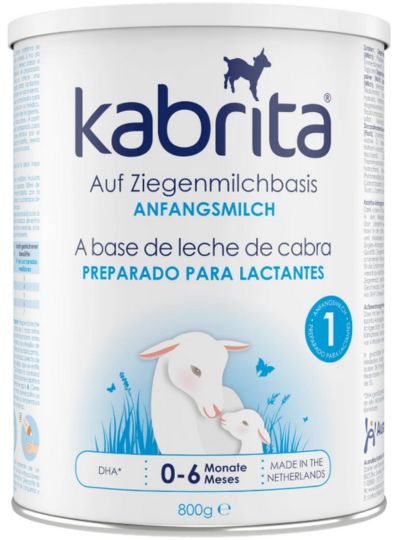
$64 per 800gr on average
Kabrita’s Goat Milk Formula offers a gentle, easy-to-digest option, mirroring the whey:casein ratio of breast milk, with Non-GMO ingredients from the Netherlands.
Why we chose it.
Kabrita Formula prides itself on a nutritional composition that’s thoughtfully aligned with the natural makeup of breast milk, specifically formulated for optimal digestibility.
By including goat whey protein, the formula maintains a comfortable balance between the whey and casein proteins, which supports ease of digestion—similar to the softness one finds in breast milk.
Adding GOS, a prebiotic, is a standout feature, catering to the baby’s immediate energy needs and their long-term digestive health, promoting beneficial gut flora.
Rounded off with a blend of Omega-rich fats, Kabrita stands as a robust choice for parents looking to combine the gentle nature of goat milk with the thoughtful supplement of essential nutrients like DHA, commonly found in breast milk but not always present in formulas.
Pros
- Non-GMO, gentle goat milk formula similar to breast milk
- Enhanced with whey protein, mimicking breast milk properties
- Contains prebiotic GOS to promote gut health
- Includes DHA and AA for healthy brain and eye development
- Generally more affordable and accessible than some alternatives
Cons
- Not Organic
- Uses skimmed milk, instead of whole like Nannycare
Holle Goat
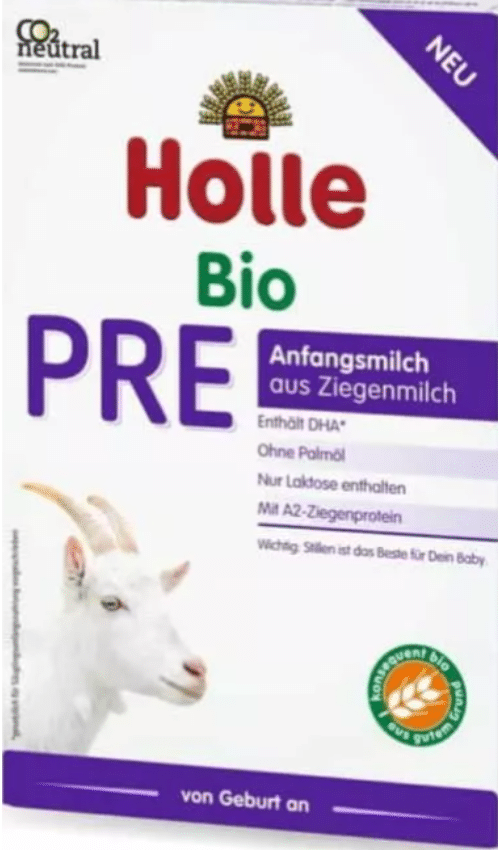
$40 per 400gr on average
Holle Goat, with its Demeter Certification, offers a naturally nutritious formula using organic goat milk and essential fatty acids, yet without prebiotics or probiotics.
Why we chose it.
Holle Goat sets itself apart with its Demeter certification, epitomizing the highest standards for biodynamic agriculture and organic purity in baby formulas.
This formula uses high-quality organic goat milk, allowing parents to confidently nourish their infants with a product that’s closer to natural breast milk’s composition.
Including lactose and organic maltodextrin offers balanced energy sources, making it suitable for babies with various dietary sensitivities. Although it contains palm oil, Holle Goat consciously selects sustainable sources to mitigate environmental concerns.
This dedication to quality provides a reassuring option for parents who prioritize organic integrity for their baby’s development, even if it means foregoing added prebiotics and probiotics found in some other formulas.
Pros
- High-quality organic goat milk formula
- Meets strict Demeter biodynamic standards
- Free from artificial sweeteners and GMOs
- Sustainably sourced palm oil
- Suitable for infants needing a gentle, goat milk-based diet
Cons
- Contains maltodextrin
- Does not include prebiotics or probiotics
Last Words
We hope this article with the best European formulas helps you choose the best option for your baby.
Our recommendation, if you are going to start offering formula now, is to start with Kendamil (Organic>Classic) or a high-quality goat milk formula like Nannycare, Holle Goat or Kendamil Goat.
If you notice any symptoms of discomfort, the first thing to do would be to consult a pediatrician, but if that is not possible, we recommend you try Hipp Comfort. If that does not work either, Hipp HA would be your next option.
If you have further questions, we’ll be happy to help; leave a comment or contact us.
Happy feeding!
We’re Maria and Alberto, a married couple and educators who are nutrition enthusiasts. Even before we had kids, we were already crazy about nutrition.
We’d read scientific articles, watch videos from nutritionists, and spend hours listening to nutrition podcasts.
Today, we continue doing this, but in a different way, as we’ve learned to sift through the noise and trends. Nutrition, like any other field of knowledge, the more you read and learn, the more you develop a comprehensive understanding of reality, and that’s what has happened to us.
Before having our first child, we focused on learning everything we could about child nutrition, using the same techniques we had already employed, backed by our extensive knowledge in nutrition.
Our mission is to help other parents with their children’s nutrition, to help them become the best versions of themselves.
If we are what we eat and drink, which is absolutely true, let’s do it right!
